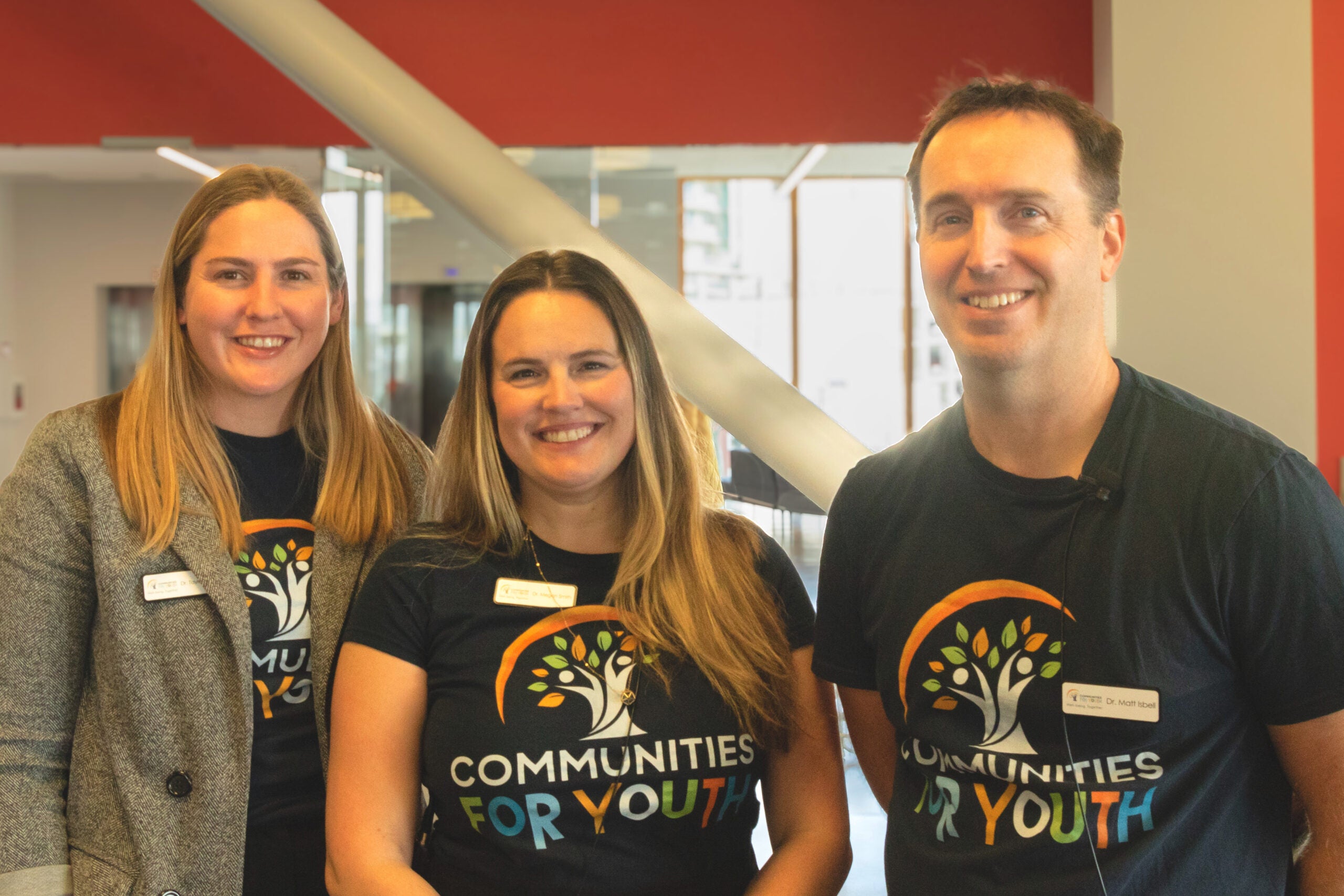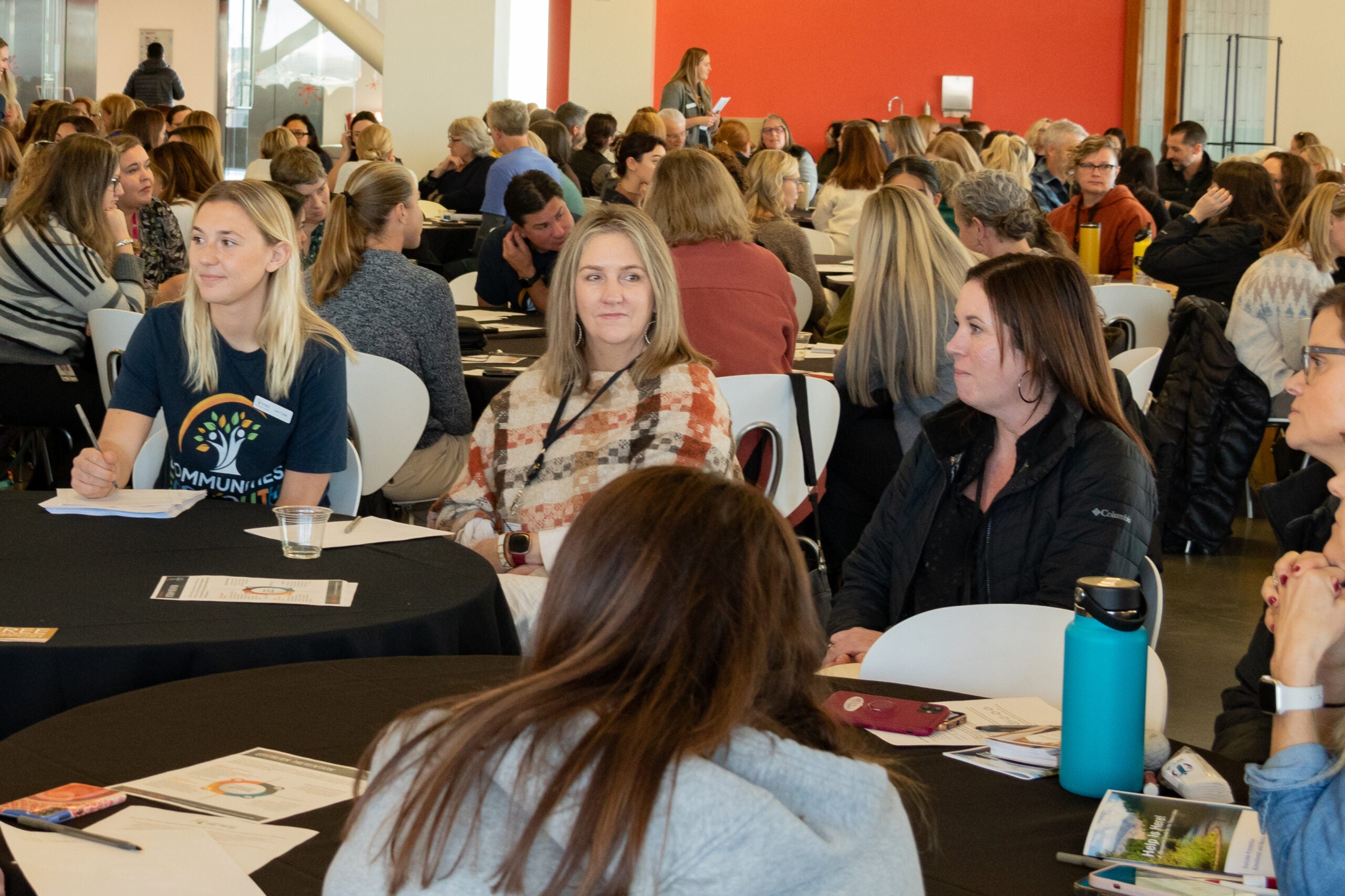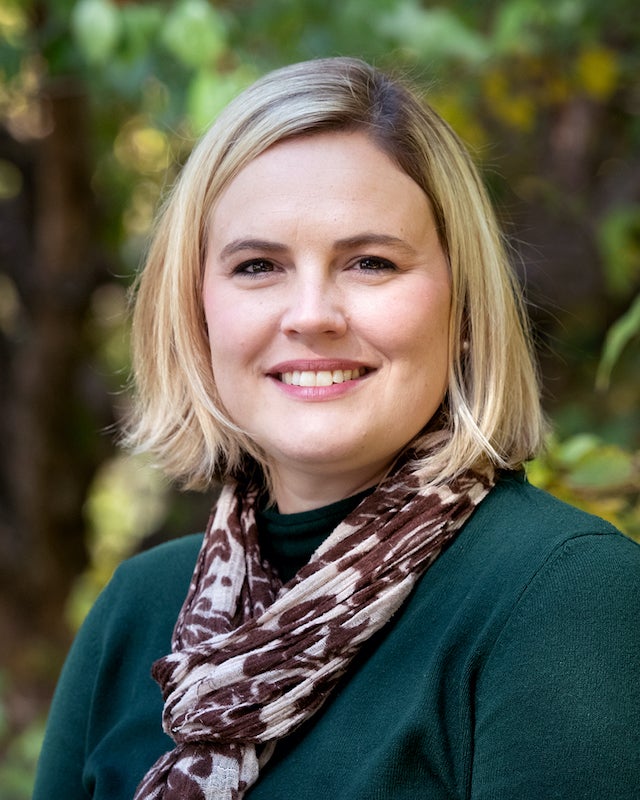
Megan Smith is leading a team on a mission to save young lives. She’s got a community of collaborators; she’s even got a bit of funding. What’s needed, from everyone who cares about kids, is heart and willingness.
Smith is an associate professor in Boise State’s School of Public and Population Health and is the founding director of Communities for Youth, an Idaho-based initiative that builds connections across data and research, educators, community partners, youth, parents and other community members.
She is joined by Matt Isbell, a professor in the Department of Communication and deputy director for Communities for Youth; Anne Abbott, an assistant professor in the School of Public and Population Health and the initiative’s communications director; Taylor Neher, an assistant professor in the School of Public and Population Health; four graduate assistants as well as several undergraduate and graduate student team members from across campus.
The team is focused on “upstream prevention,” which is about changing conditions that lead to crisis and helping more youth with their mental well-being. Their goal is to build a shared understanding and collaborative plan for taking the right actions to help prevent mental health challenges for youth.
“When we begin to look upstream rather than only focusing on the moment that kids and families reach crisis, we foster resilience and hope,” Smith said. “Our kids are worth it, and they’re our future. If you’re ready to tackle these important mental health conversations with your children, friends, church community or schools, Communities for Youth is here to help.”
Concern for youth across Idaho
Communities for Youth data indicates that 33% of Boise teens are struggling with depression. And as Idaho goes, Boise – with a rate higher than the national equivalent – may not be faring as poorly as other communities. However, the team has heard first-hand about children’s profound sense of isolation, loneliness and disconnection from each other, from adults, from schools and communities and, most tragically, from themselves. Smith and her team members have embarked on a series of listening sessions around the state as they gather research and information toward solutions.
“Our kids are worth it, and they’re our future.” Megan Smith
The mental health crisis is engulfing youth. Schools and educators have deployed crisis response and public agencies have rallied.
The City of Boise, local health systems and multiple nonprofit organizations have expressed concern, convened meetings and financially supported initiatives like Communities for Youth to turn the tide. One example is the Boise Youth Behavioral Health Initiative, which launched in summer 2023, to focus work in the Treasure Valley to improve youth mental health. It’s a meaningful step down a long road.

Hope for a bright future
Each member of the Communities for Youth team believes in the power of prevention through community action. What leads an individual to a mental health crisis is a complex, difficult tangled web of circumstances unique to each individual. Patterns exist and can lead to prevention. Communities for Youth advocates for an environmental and collaborative approach to prevention to change conditions that can lead to mental health problems.
“By looking at data in a specific community, we can see where resources are needed and connect with the community’s thoughts on how to work on these focus areas,” Smith said. “We see our role as collecting data, listening and connecting partners and resources to communities.”

Smith is also the principal investigator on a state grant supporting a team of educators and researchers from across Boise State. The grant is reinforced by St. Luke’s community health team members, fanning out across Idaho to conduct studies, build partnerships and share learning that schools and communities can implement.
“Our goal is to increase a community’s awareness of potential issues and strengths to develop their sense of direction and purpose. We love working together with communities to create long-lasting improvement in youth mental health,” she added.
Putting all the pieces together is going to make for a full 2024 for the team – Gem State communities, kids and families all will benefit from the work.